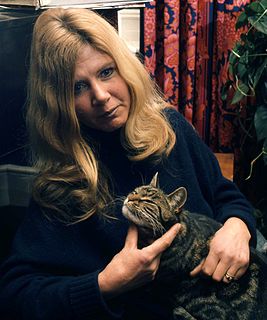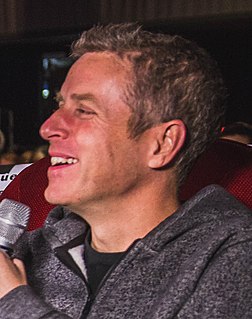A Quote by Nick Laird
I think all writing is political. All writing shows a preoccupation with something, whatever that thing might be, and by putting pen to paper you are establishing a hierarchy of some sort - this emotion over that emotion, this memory over that memory, this thought over another. And isn't that process of establishing a hierarchy on the page a kind of political act?
Related Quotes
When I'm writing, it's about the page. It's not about the movie. It's not about cinema. It's about the literature of me putting my pen to paper and writing a good page and making it work completely as a document unto itself. That's my first artistic contribution. If I do my job right, by the end of the script, I should be having the thought, 'You know, if I were to just publish this now and not make it . . . I'm done.
Memory is strange. Scientifically, it is not a mechanical means of repeating something. I can think a thousand times about when I broke my leg at the age of ten, but it is never the same thing which comes to mind when I think about it. My memory of this event has never been, in reality, anything except the memory of my last memory of that event. This is why I use the image of a palimpsest - something written over something partially erased - that is what memory is for me. It's not a film you play back in exactly the same way. It's like theater, with characters who appear from time to time.
I feel some need to represent where I'm from. But ultimately, I think my only real responsibility is to - as much as possible - interrogate my own truths. This is to say not merely writing what I think is true, but using the writing to turn that alleged truth over and over, to stress-test it, in the aim of producing something readable.
What I do know is that writing is the thing I am best at, and I don't have the stomach, the ability, the strength or the courage to enter the political arena. And I think writing can be a political act, if only to let those people accountable know they are being watched. Literature can be a conscience.







































